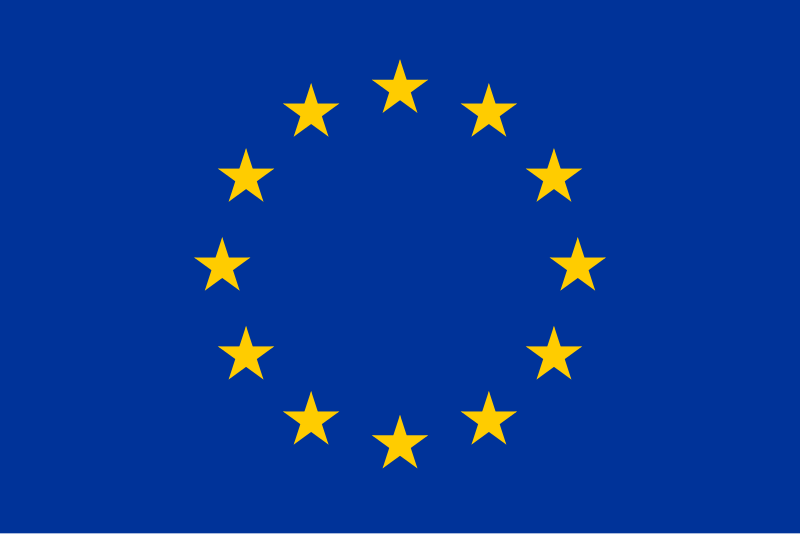Pavel Chukavin
Managing Partner,
Turkish International Law & Consulting Firm
# Turkey in Percentages: What’s Happening with the Economy and How It Affects Business
Managing Partner,
Turkish International Law & Consulting Firm
# Turkey in Percentages: What’s Happening with the Economy and How It Affects Business
Turkey is a key partner for Russian businesses: many companies export goods there or open branches. However, Turkey’s economic situation is currently challenging. In April 2025, the Central Bank of Turkey raised the key interest rate to 46% to combat high inflation. What does this mean for the country’s economy, and how can Russian companies operate in these conditions?
Inflation: Prices Are Rising, But There’s Hope
Turkey is grappling with high inflation: in December 2024, it reached 64.8%, the highest in two years. By March 2025, it dropped to 38.1%, but the Central Bank anticipates a new surge due to financial market events. For instance, the arrest of Istanbul Mayor Ekrem İmamoğlu in March 2024 sparked panic, causing the lira to fall to 38 per dollar. April frosts, which destroyed 50–80% of the fruit harvest, are also driving up food prices.
Raising the rate to 46% is the Central Bank’s attempt to curb demand. Expensive loans reduce spending, which should slow price growth. However, the effect takes 6–12 months. In 2023–2024, a similar move (rate hike from 8.5% to 50%) reduced inflation from 85% to 38%, but it later rose again. The Central Bank aims to lower inflation to 14% by the end of 2025, but this will be challenging due to the weak lira and rising import costs.
Raising the rate to 46% is the Central Bank’s attempt to curb demand. Expensive loans reduce spending, which should slow price growth. However, the effect takes 6–12 months. In 2023–2024, a similar move (rate hike from 8.5% to 50%) reduced inflation from 85% to 38%, but it later rose again. The Central Bank aims to lower inflation to 14% by the end of 2025, but this will be challenging due to the weak lira and rising import costs.
What does this mean?
Expect high prices for goods and services in Turkey. Turkish partners may increase contract costs to offset their expenses.
Expect high prices for goods and services in Turkey. Turkish partners may increase contract costs to offset their expenses.
Investments: Caution Is Key

High rates are a double-edged sword. On one hand, they cool the economy: loans are so expensive (mortgages at 40–55%) that businesses delay expansion and consumers postpone major purchases. In 2024, only 7% of new homes were bought with mortgages, and demand continues to decline. This reduces investment activity, especially in construction and manufacturing.
On the other hand, high deposit rates (44.5%) attract short-term capital: investors eagerly deposit funds in Turkish banks to earn interest. However, long-term investors are deterred by the weak lira (down 8% in 2024) and political risks, such as İmamoğlu’s arrest. Turkey’s rating improved slightly—Fitch upgraded it to BB- in September 2024—but this hasn’t helped much.
On the other hand, high deposit rates (44.5%) attract short-term capital: investors eagerly deposit funds in Turkish banks to earn interest. However, long-term investors are deterred by the weak lira (down 8% in 2024) and political risks, such as İmamoğlu’s arrest. Turkey’s rating improved slightly—Fitch upgraded it to BB- in September 2024—but this hasn’t helped much.
What does this mean? Turkey may be appealing for short-term deposit investments, but long-term investments (e.g., real estate) are risky now. Focus on sectors less reliant on loans, like tourism or exports.
Loans and Mortgages: Turks Opt for Savings
The 46% rate hike has made loans even costlier. In 2024, consumer loans carried 65–68% annual rates, and mortgages ranged from 36–54%. Now, mortgages likely cost 40–55%. Mortgage demand has plummeted: in 2024, transactions dropped 49% compared to 2023. People prefer saving, with deposits at 44.5% appearing more attractive than loans.
What does this mean? Turkish clients are reluctant to make large purchases with loans. If your business involves real estate, appliances, or cars, target cash buyers or offer non-bank installment plans.
Why Is the Central Bank Raising Rates?

The Central Bank of Turkey pursues several goals:
- Reduce inflation: The main target is to slow price growth to 14% by the end of 2025 and 5% in the future
- Strengthen the lira: High rates attract investors but the lira still falls due to external factors
- Cool demand: Expensive loans reduce spending helping control prices
- Manage expectations: Turks expect 71.5% inflation in a year and the Central Bank aims to shift this perception
However, the weak lira and rising import costs hinder these plans. The Central Bank hinted it may raise rates further if inflation doesn’t decline.
How Can Russian Companies Operate in Turkey?
Turkey remains a promising market for Russian firms, especially amid sanctions. Here are some tips:
- Hold funds in dollars or euros The lira’s decline makes settlements in it risky For exports fix prices in hard currency
- Focus on tourism and exports Tourism accounts for 54% of service revenue and a weak lira makes Turkish goods cheaper for Europe
- Use Turkey to reach Europe Turkey’s 1995 EU customs union membership helps Russian firms bypass sanctions
- Protect assets Political and sanction risks are high Use trusts in the UAE (e.g. Dubai or Abu Dhabi) for safety as they’re more secure than the British Virgin Islands or Caymans which face UK pressure
- Prepare for risks Insure your business against political and climate risks like earthquakes or price spikes from frosts
Turkey remains an attractive market but requires caution. Operate in hard currency, leverage its export potential to Europe, choose resilient sectors, and protect your business from risks to succeed in these challenging times.
Sincerely,
Pavel A. Chukavin
Turkish International Law & Consulting Firm
Sincerely,
Pavel A. Chukavin
Turkish International Law & Consulting Firm




















